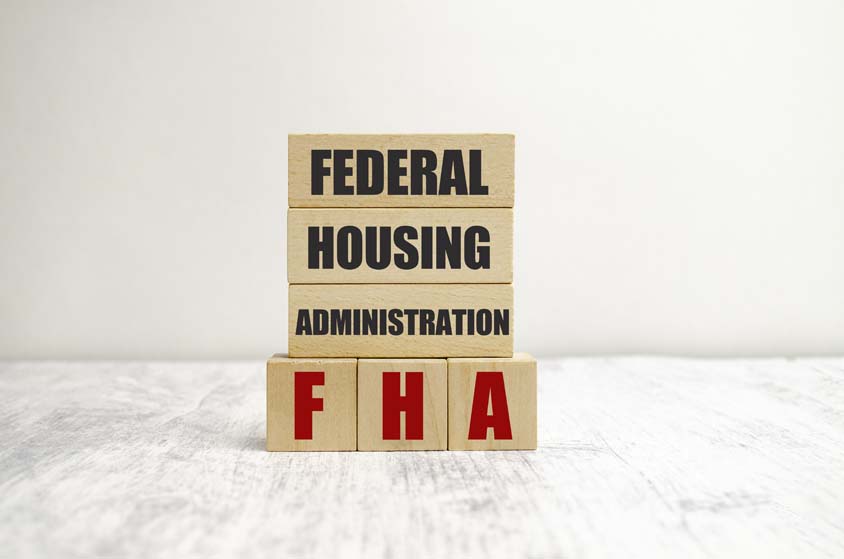
Conventional vs FHA, what fits you best!
Terminology in the mortgage industry can get a bit squirrely and misconceptions will run amuck 😊. Let’s break down one of the biggest misconceptions as your broker begins to rattle off options of the products are out there involving your purchase or refinance.
What is a conventional Loan versus FHA loan?
Conventional loans are NOT government loans, they are however insured by Fannie Mae/Freddie Mac in the secondary market. Fannie and Freddie are shareholder owned, publicly traded company that operates under a Congressional Charter.
Conventional or traditional loan are the designed to fit most American home buyers and refinance. Credit scores for this loan type start at 620, as little as 5% down (first time home buyer can go as low as 3% down), lowest mortgage insurance (only have the mortgage insurance until equity in the home reaches 79%), and zero upfront mortgage insurance premiums. Conventional offers options of waiving escrows (taxes and insurance included in payment) with a slightly larger down payment (10%). Debit to income ratio maxes out at 50%, the rate however is low but slightly higher an FHA loan.
FHA loans are very much government backed loans and built toward lower income, credit challenged, first time home buyers. Let’s be clear it’s not all those items are required to that make this a good product.
Credit scores for this loan type start at 550, as little as 3.5% down, much higher mortgage insurance then a conventional. The major deterrent here is that mortgage insurance is for the life of the loan and a premium is rolled into the loan at closing depending on the loan amount, credit score and down payment. There are NO options of waiving escrows (taxes and insurance included in payment). Debit to income ratio maxes out at 55%, the rate tends to be considerably lower than a conventional loan.
If options are yours to choose, in my opinion the lower rate of an FHA loan do not make up enough for winning this competition. Considering all factors (mortgage insurance required time frame, the mandatory mortgage insurance premium, and sometimes longer closing period) make this a more inferior product with a few exceptions. The first and biggest of the exceptions are if you have lower credit scores and higher debts.
Stay tuned for the next match up FHA vs VA from
“IF YOU KNOW, YOU KNOW PRODUCTION 😉”








